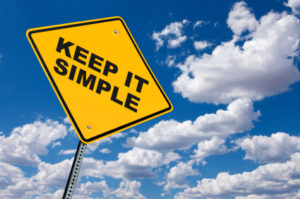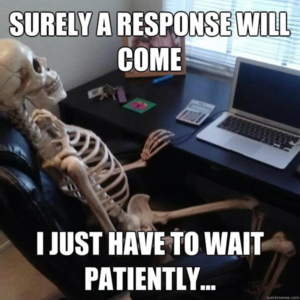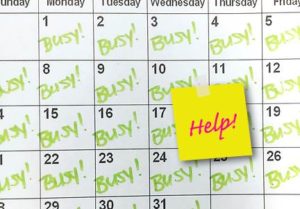5 Things Your Editor Will Love

The relationship between an author and editor is a complex one. It’s also very intimate. Think about it. You poured a piece of yourself into those pages, and here’s this…editor…telling you everything that’s wrong with it. But this is an important partnership for your book to be the best it can be, and there are some easy things you can keep in mind so the process flows smoothly. Though I admit some are easier than others!
1) Keep It Simple!

Follow the formatting guidelines your editor or the publisher provides. Having a very basic format in place during editing helps eliminate errors. Sometimes an editor can adjust formatting with a few keystrokes and maybe a Word find/replace code or two, but if you tried to be all unique and fancy, it can take forever. Your formatter will make it all pretty again—we promise!
2) Hellooooooo?

Watch your messages, and please reply promptly. Editors live and die by deadlines, and we all schedule our days very carefully. If we run into a problem and have to ask you a question, your project might go on hold until it is rectified. Nobody likes to be staring down the barrel of the dreaded deadline and feel rushed.
3) S*** Happens!

If something comes up in your life that will affect your ability to meet deadlines on your end, please let your editor know right away! You’d be surprised how often we don’t hear an author will be late returning the manuscript until the last minute—or even when the manuscript is already late.
If you or someone in the family is ill, or your water heater broke and flooded the house, if your job suddenly adds to or changes your schedule, you’ll save everyone a ton of headaches if you let us know. We usually allow a little wiggle-room for such contingencies. Remember, everything that happens after editing depends on the set deadlines, so we need to give all those people a chance to adjust schedules as well.
4) Speak Up!

If your editor is asking you to work in a shorter time than you find comfortable, let him or her know! We hate to be rushed, and understand you don’t either. We’ll work it out, but we have to know about it first. Also, be open with your editor about what you want and expect in your edits. Some authors love a ton of comments and explanation, while others prefer an editor just get on with the editing already and keep the comments to themselves. Whatever you need to help you with edits, we won’t understand unless you speak up. BUT…
5) Don’t Be A Jerk (Pretty Please)!

Name one work situation you’ve ever seen where there was never a single ounce of conflict. Go ahead. I’ll wait…No? I didn’t think so. I’ve never seen one, and I’m no spring chicken!
When conflict arises, keep the emotion on simmer. We understand this book is important to you, and believe me, we want it to be the best it can be. If we make a suggestion you disagree with, please explain. Calmly. Discuss. Sometimes editors can be flexible, sometimes they are bound by publishers’ guidelines. But the only way to work through it is with professional, respectful dialogue. But please understand your editor is drawing on long experience and everything they’ve learned in every edit they’ve ever done…and there’s a very good chance they’re right.
I remember my first edit as an author. I pitched a fit of epic proportions because my editor wanted me to move key events around, pointed out a good half dozen words I wildly over-used, and generally made me want to punch her in the throat. I ranted and raved and complained, but in the end, I caved on 90% of her points. She was right. I was wrong. And one thing I refused to do, I later wished I had.
Understand you’re not the first one to feel this way. Editing can be an emotional, soul-stabbing feeling for an author. We understand, and we will get through it…together.
